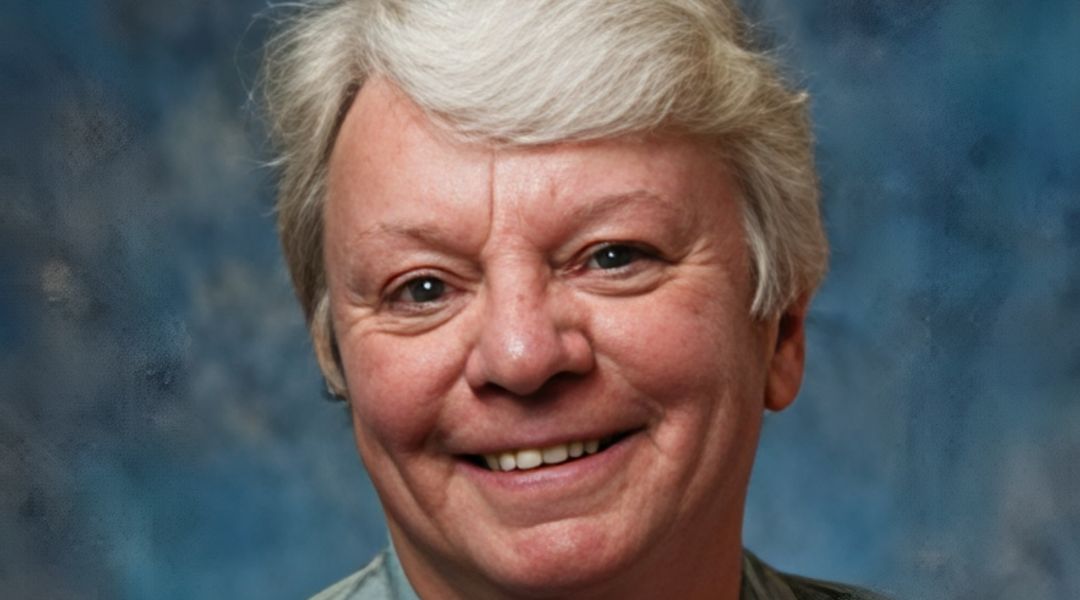On the days after his Resurrection, we
hear Jesus, the innocent victim of violence, greeting his frightened disciples
with “Peace be with you” and repeatedly reassuring them, “Be not afraid.” 2024
was the worst year on record for the atrocities of war and conflict zones. This Easter, with violence worldwide, peace seems impossible, and fear is overwhelming, especially for vulnerable and traumatized children. UNICEF warns us, “In every war, the ones who suffer
most are children. This is tragically true today.” An estimated 473 million
children live in countries at war or in violent conflicts
today in Gaza, Haiti, Syria, Ukraine, Yemen, Myanmar, Palestine, and beyond.
After the European Commission revealed a
plan to “rearm Europe”, the hospitalized and dying Pope Francis, with his
special love for children and the vulnerable, made an urgent plea to “disarm
the Earth.”
Jesus’ love for children is deep and
countercultural. He rebukes disciples who keep children away from him and is
outraged at their harm. Safeguarding children from harm is central to his
ministry. It requires an understanding of the harm done, the primacy of protection and prevention, accountability, remediation, and addressing cultural beliefs and values about children and childhood.
Jesus’ outrage, our responsibility
The doubting Thomas needed to see Jesus’ wounds
and put his hand into Jesus’ side in order to have some appreciation of his
pain and suffering. Today, we have compelling research on the devastating
effects of war on children and youth. Historically, children and families have
been “collateral damage.”
Today, they are often direct targets,
despite the UN Convention on the Rights of the Child, the protection against
inhumane treatment, as well as the detention and prohibition of children from armed
conflict. Heavy bombardment creates a humanitarian crisis of food, clean water,
medicine, waste disposal, or access to health care-roads and infrastructure
damage. The UN Working Paper on “Children and Armed Conflict” identifies six
grave violations: recruitment and use of children as messengers and child
soldiers; killing and maiming of children; sexual violence; attacks against
schools and hospitals; abduction of children; and denial of humanitarian aid.
In UNICEF’s Children and
Conflict in a Changing World: Machel Study 10-Year Review, catastrophic consequences
include burns, mortar wounds, loss of limbs; separation from parents and orphaned;
psycho-social impacts from mild anxiety to depression, substance abuse and post-traumatic stress disorders (PTSD); risks for women of rape and prostitution and
‘street children’ born of these acts as social outcasts. There is a loss of family, religious, cultural, school, and sport rituals, necessary for a sense of identity and safety.
Developmental traumatology research shows
severe effects on children’s physical health and growth, immunity, mental
health, social well-being, and moral agency. It has profound effects on brain growth and neural networks, activating a life-long hypervigilance with PTSD symptoms, aggression, increased sexual behavior, and depression and anxiety in adolescents. The emerging science of epigenetics shows our genes are affected
by trauma, with generational consequences.
The devastating toll of conflict on body,
mind, and soul
Art 39 of the UN Convention ensures
support for children’s recovery from trauma. This requires effective resources
for alleviating physical, emotional, and spiritual harm in the face of humanitarian aid losses. Pope Francis knew it also demands addressing systemic and cultural issues that disrespect children and put them at risk. In his October 2024 Letter, Dilexit Nos, he identified
the need for an encyclical with a theological-pastoral vision on “child dignity
and human rights…”
The horrors of war force us to question
how we value children. Despite idealistic portrayals, children have been
patriarchal property; seen but not heard. In 1963, Karl Rahner outlined a groundbreaking theology of childhood from our biblical and theological tradition, rejecting the rigid biological process of Piaget and others. Children
and childhood have “unsurpassable value.” He emphasized the transcendental
dimension of children’s experience and moral agency but did not develop a whole
theology, pedagogy, or anthropology.
In dealing with clergy sexual abuse, Jesuit Father
Hans Zollner, founding member of the Pontifical Commission for the Protection
of Minors, identified the significance of this lack and the pressing need for a
spirituality of safeguarding and a theology of childhood. Both have received a recent study. Notable is the work of Australian theologian, Father James McElroy, author of Towards a Theology of Childhood: Children’s Agency and the Reign of
God in a 2019 special issue of Theological
Studies and a 2019 Irish Theological Quarterly, Theology of Childhood: An Essential
Element of Christian Anthropology. There can be no real peace or freedom from
fear for children unless adult Christians become like children in their “infinite
openness to the infinite” and work to bring forth the reign of God with its
universal, unconditional, saving love to all, even our enemies.
If awareness of the trauma from the horrors
of war on children and youth is not able to move us, nothing will. We will
never be able to say “No more war” because we will have wired our youth’s
neural networks and genes for conflict. We will all deserve millstones around
our necks.
May the peace of the Risen Lord fill our
hearts and finally move us to action.
Nuala Kenny is a Sister of Charity
in Halifax, Nova Scotia, and a pediatrician. An officer of the Order of Canada
since 1999, she has published several books, including Healing the
Church (Novalis, 2012) and Rediscovering the Art of Dying (2017).
She is co-author of Still Unhealed: Treating the Pathology in the
Clergy Sexual Abuse Crisis (Novalis and Twenty-Third Publications,
2019). She most recently published A Post-Pandemic Church: Prophetic
Possibilities (Novalis and Twenty-Third Publications, 2021).
